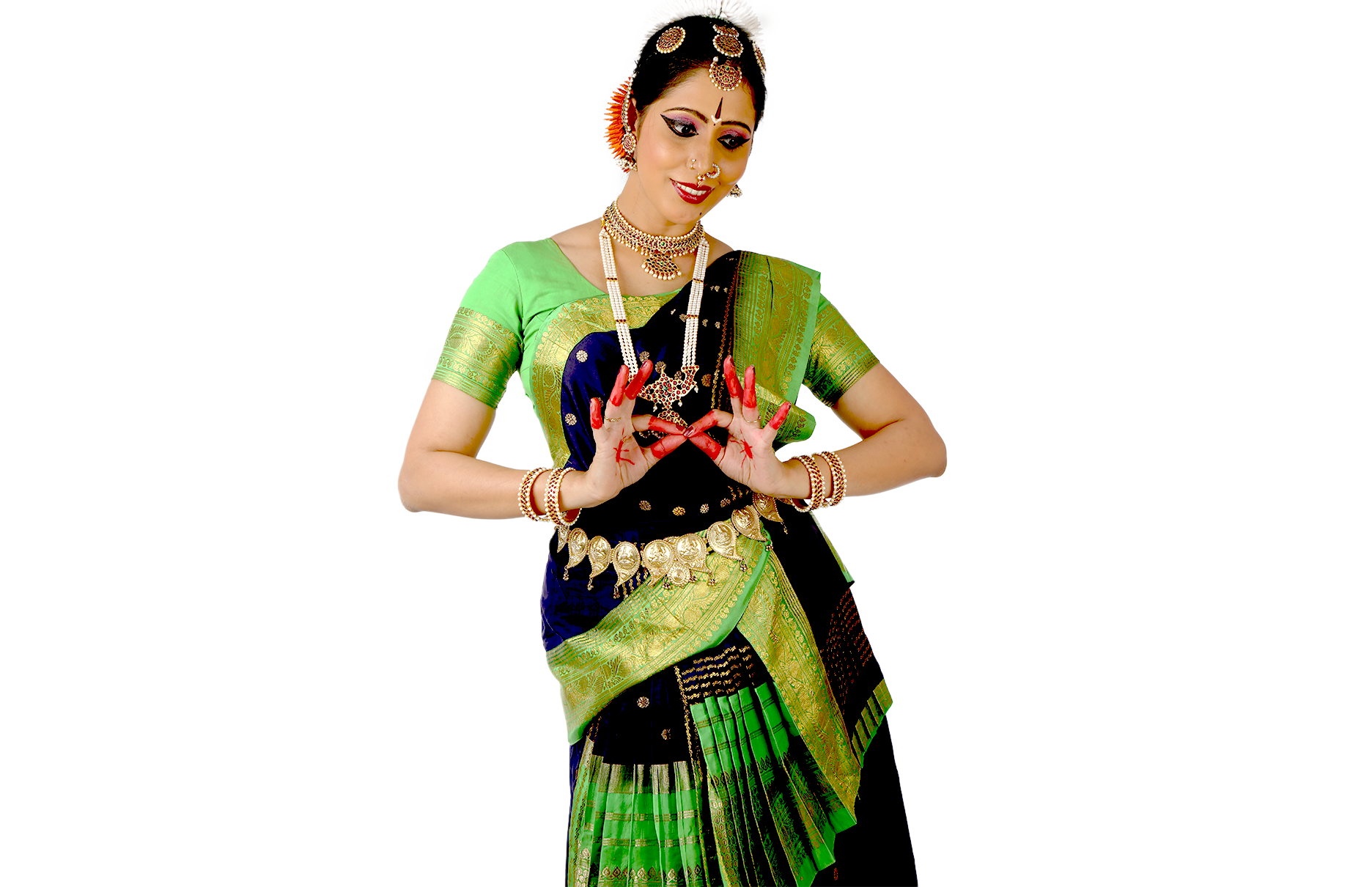Research in Performing Arts
Research” is a commonly used word today in many spheres of life. In an attempt to elicit facts every individual does a bit of research in their day-to-day life, say to buy an electronic gadget or to write a short assignment on a subject and so on. This means of searching for facts and applying the same in our life is an indispensable part of human activity because for the society to progress it is the research and investigation that has played a major role till now and it holds good for the art community as well.
In Indian art we can say that the research began from the seers/sages who studied in depth the then prevailing practises and applied this knowledge of human behaviour, body language, psychology, aesthetics and so on accordingly. The long enduring “Lakshana Grantas” which are still in use and relevant even after thousands of years because of its authenticity are prime examples. Research is born out of inquiry and this inquisitiveness unravels something new either to self or to the society. Research in performing arts can be categorised as non-academic and academic research. The non-academic research is often practical oriented, when an artist projects their new work, a lot of research goes into it. As the Indian art mainly relies on history/mythology, the work may be new for the artist but there might be many existing works available on similar themes. This is the reason art is called afresh i.e., in spite of the same theme, the art unravels in a new way depending on the creativity of the artist. This luxury of exploring the same theme is available during the self-research works. The important aspect to consider here is to be aware of what one is offering to the art community which is different from other works, and this demands a lot of understanding about the peer works and also establishing the connection with the respective theoretical frameworks. In a few scenarios, when a completely new work emerges then it should hold a strong theoretical reference in order to support the work to stand tall. Because this work will now be the basis for others to think in different perspectives.
Whereas when it comes to academic research, the end purpose of academic research is to reach the society. The benefits to the society/art community are the major focus than self-understanding/discovery. The question is looked upon in different angles and a rigorous search for the related study is done in order to understand the existing works. Based on the respective results if the question is answered or partially answered or unanswered, decisions are made keeping in mind the benefits that the research will be offering to the society. As the target audience is always the society, generic methodological principles which are widely accepted are applied in order to follow a systematic approach to ensure a smooth journey to reach the destination. This whole process invariably needs a lot of efforts and a strong sense of academic discipline. Needless to say, that the journey is more exciting than the destination. Academic research is all about “thesis + antithesis + synthesis”.
It will be difficult to equalise the research in art field with any other scientific streams. As the prime focus of any art was/is practical oriented, the inclination towards theoretical aspects were/are less known however now the increase of awareness on the importance of theoretical context and the support from research forums across, an interest towards theory and research can be witnessed in the younger generations. May this tribe increase and add value to the existing knowledge.
-by Rashmi Thaper, Bharatnatyam



